Vauxhall-Opel has launched a massive, all-encompassing revival project aimed initially at “fixing Europe” and then launching itself into the world’s biggest export markets, first China and then possibly the US.
Carlos Tavares, CEO of the PSA Group that acquired Vauxhall-Opel last year, is convinced that despite a long history of unprofitability under former owner General Motors, the revived British-German concern can become “a true European champion”. Car customers’ appreciation for “German precision” will be used as a basis to build exports where PSA’s French marques might not do as well.
Q&A: Michael Lohscheller, Opel CEO
Under new plans announced in Rüsselsheim, Germany, Vauxhall-Opel will end links with GM by 2024, building every new model on one of two highly flexible PSA-derived platforms, CMP and EMP2.
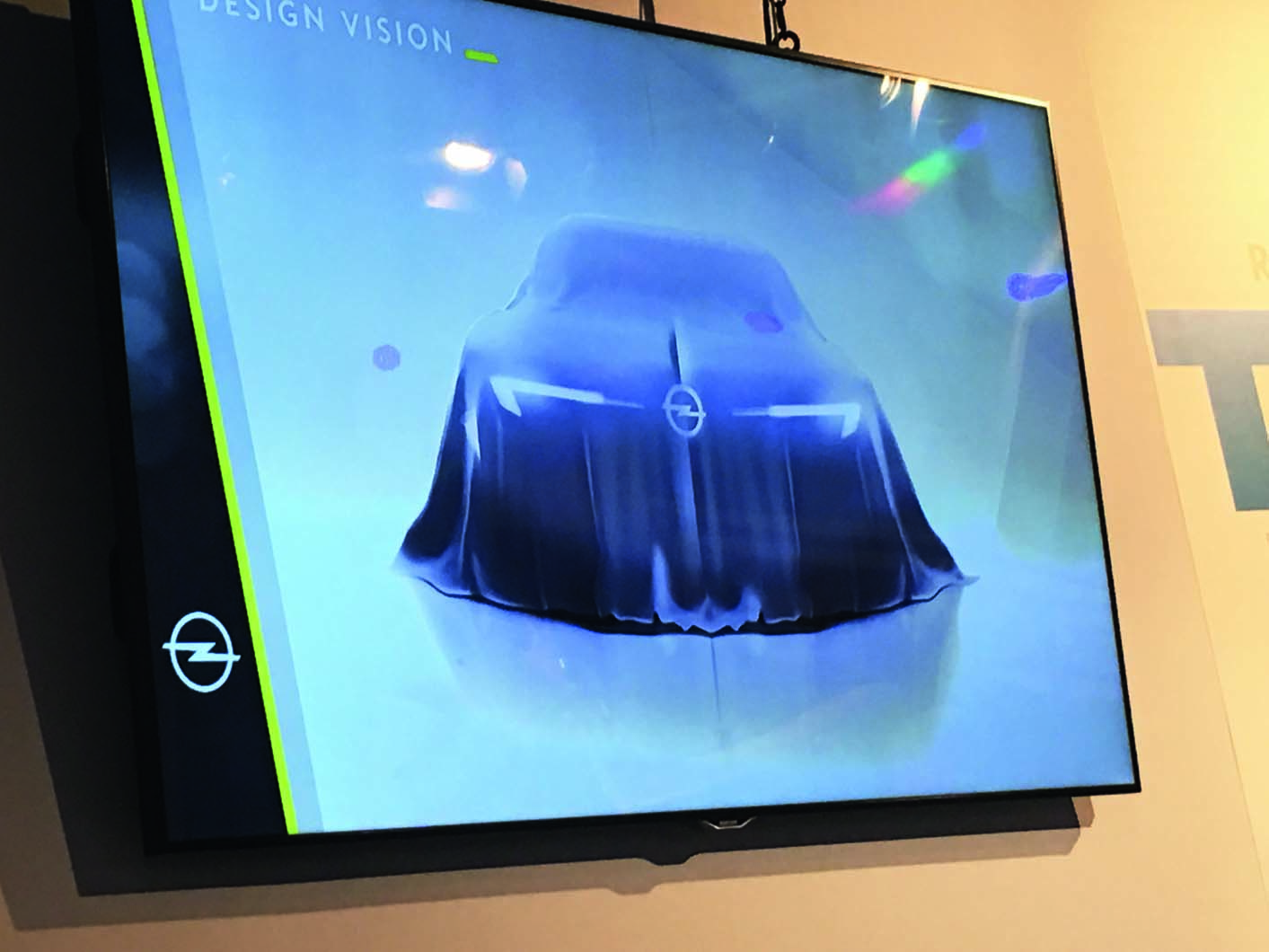
It will offer an electrified (battery or plug-in hybrid) version of every Vauxhall-Opel model by 2024.
The electric initiative will start in 2020 with four models: a battery version of the newly launched 2019 Corsa; the Ampera-e; a Grandland X plug-in hybrid; and an electrified van. PSA’s new and extremely comprehensive development plan for Vauxhall-Opel – revealed last week by CEO Michael Lohscheller, engineering director Christian Müller and design chief Mark Adams – introduces a new suite of production efficiencies aimed at achieving a 2% operating margin by 2020 and a 6% margin, considered the industry standard, by 2026.
The R&D centre inside Vauxhall-Opel’s giant Rüsselsheim HQ will be expanded to become a centre of excellence for the whole PSA Group in 15 key areas – including seats, future petrol engines, hydrogen research and US legislative requirements – while keeping its status as the home of Vauxhall-Opel design.
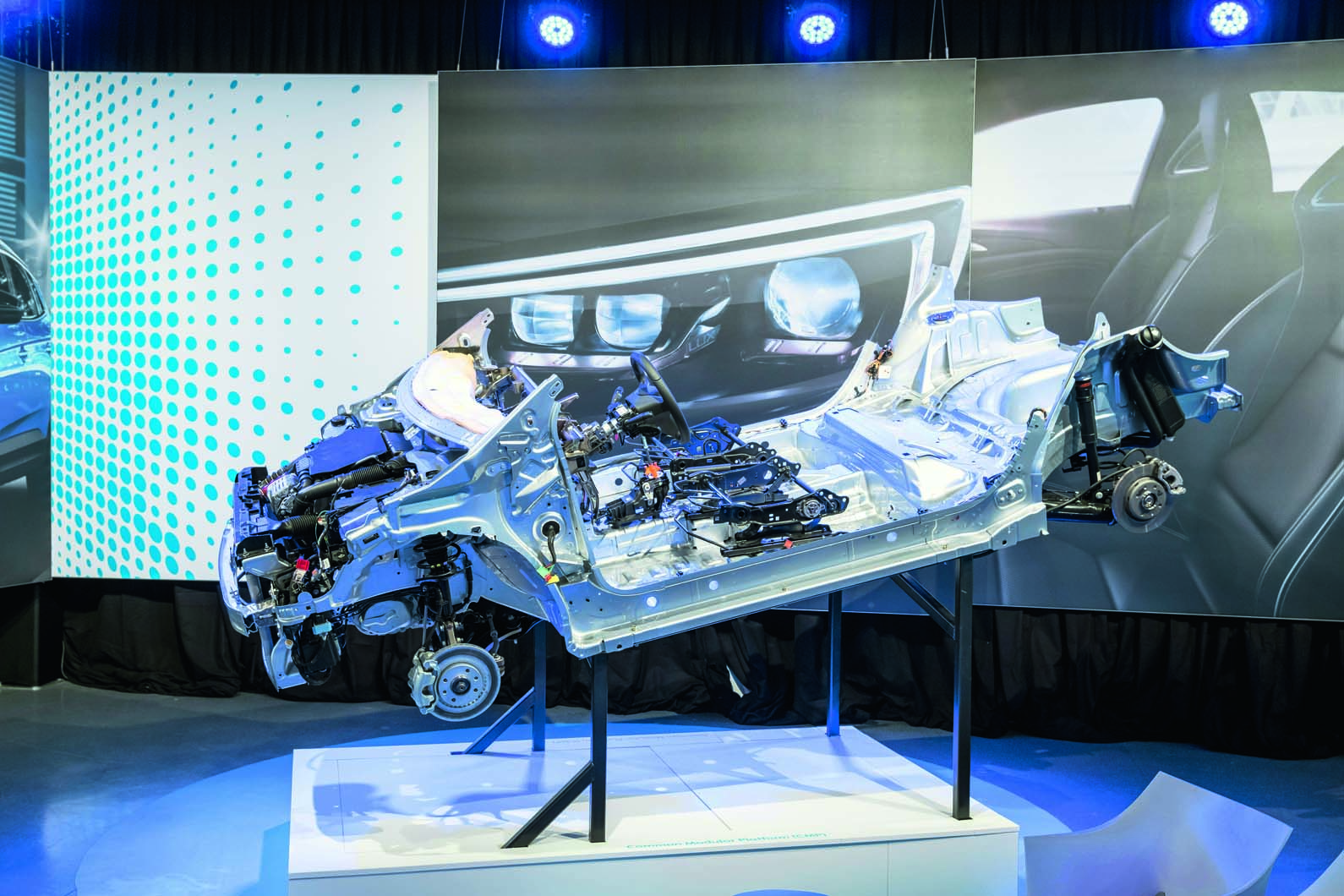

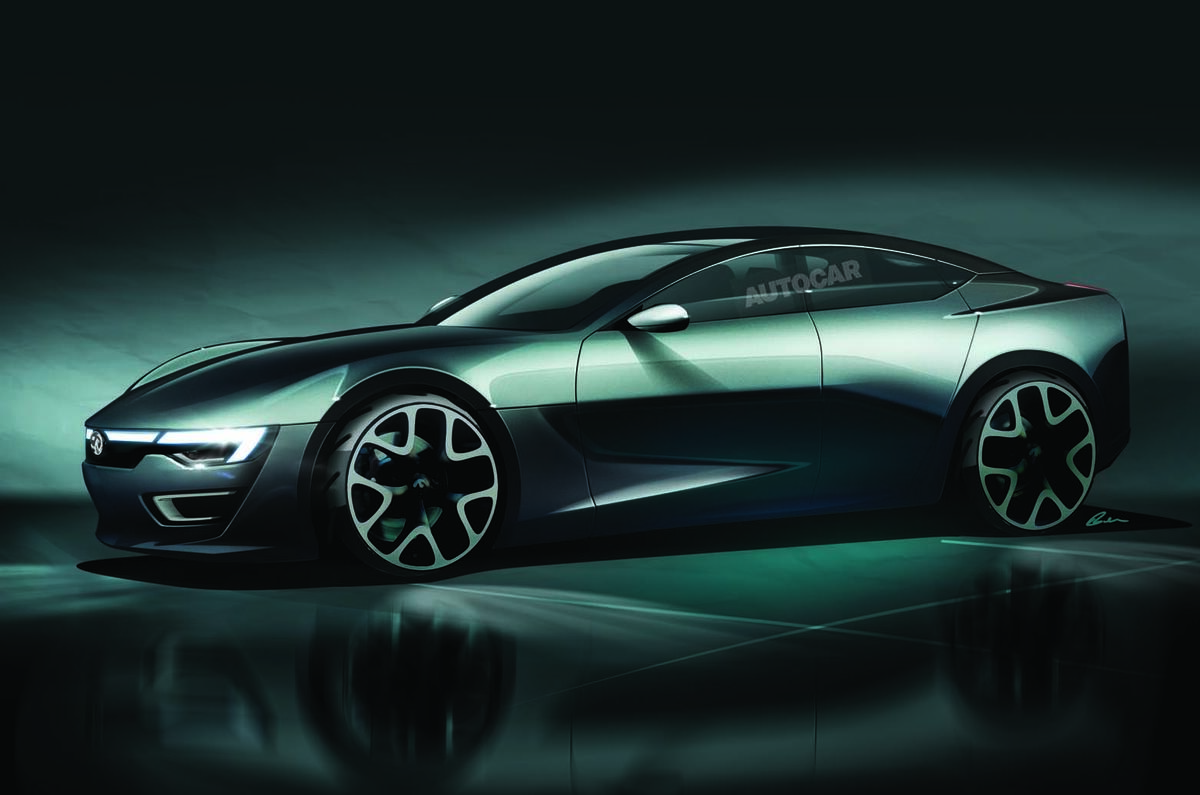
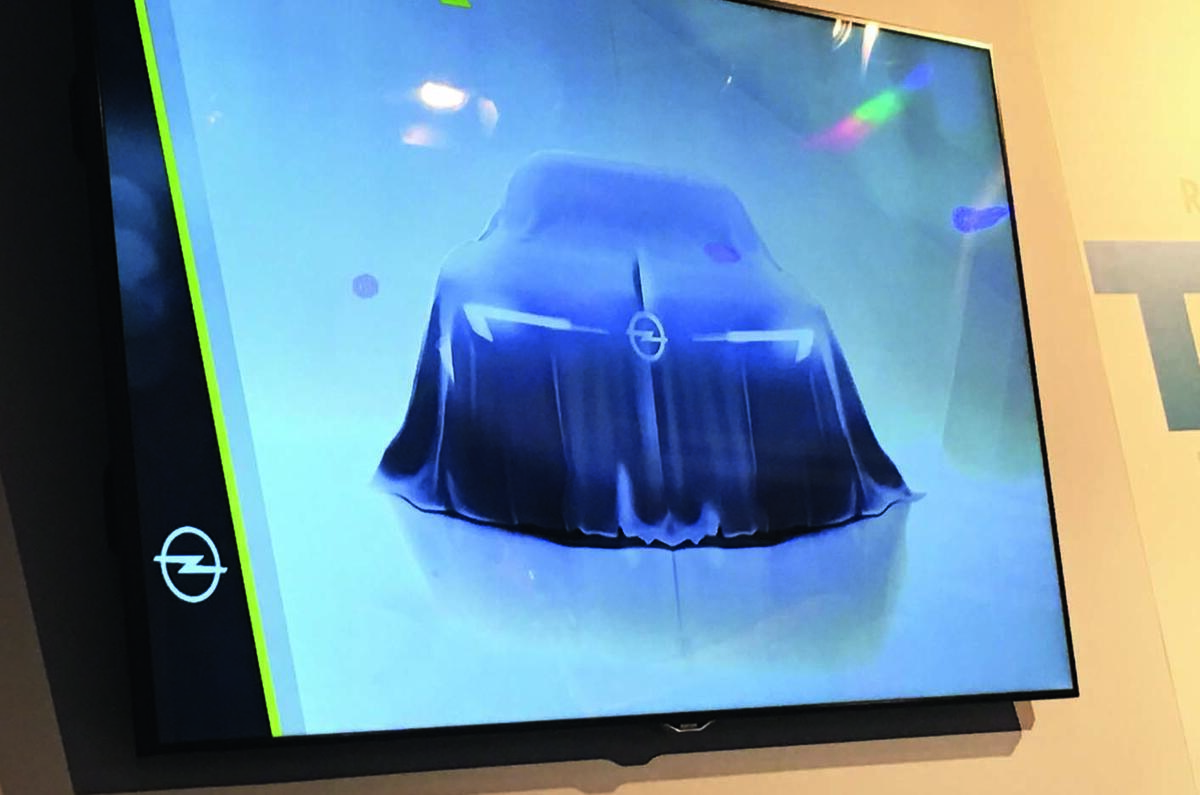
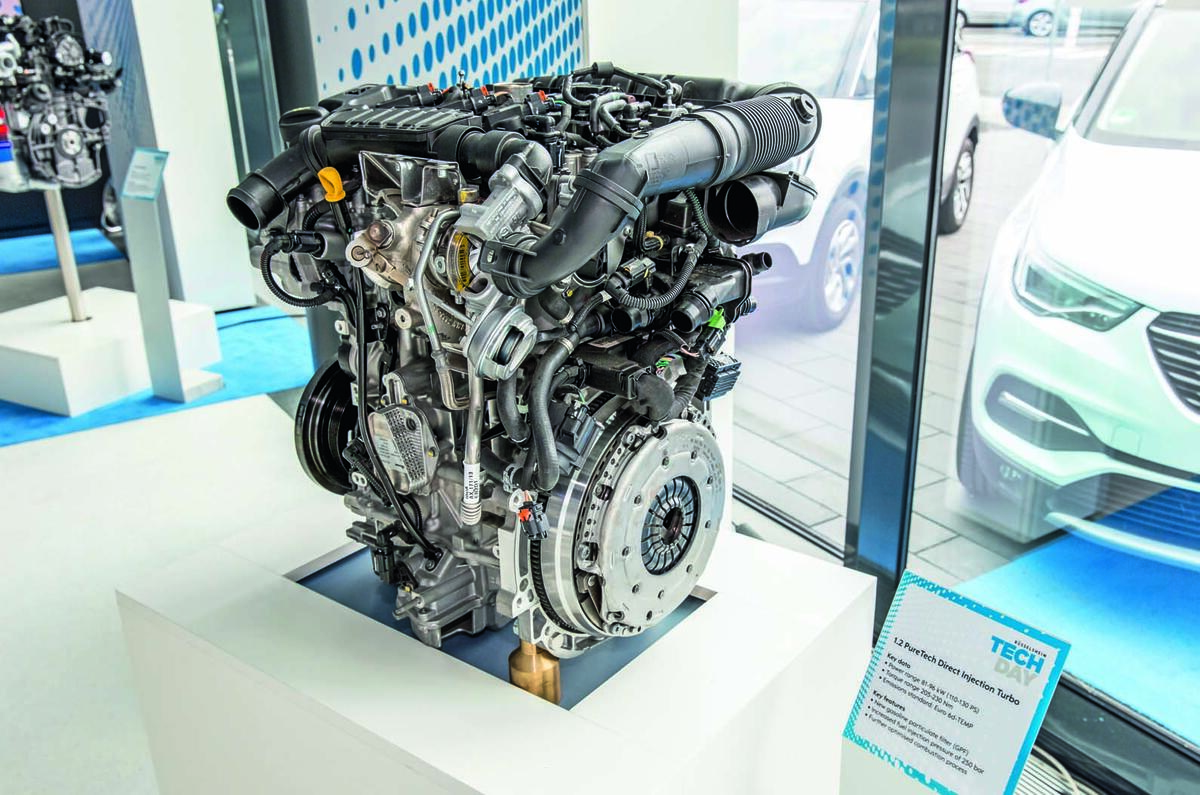
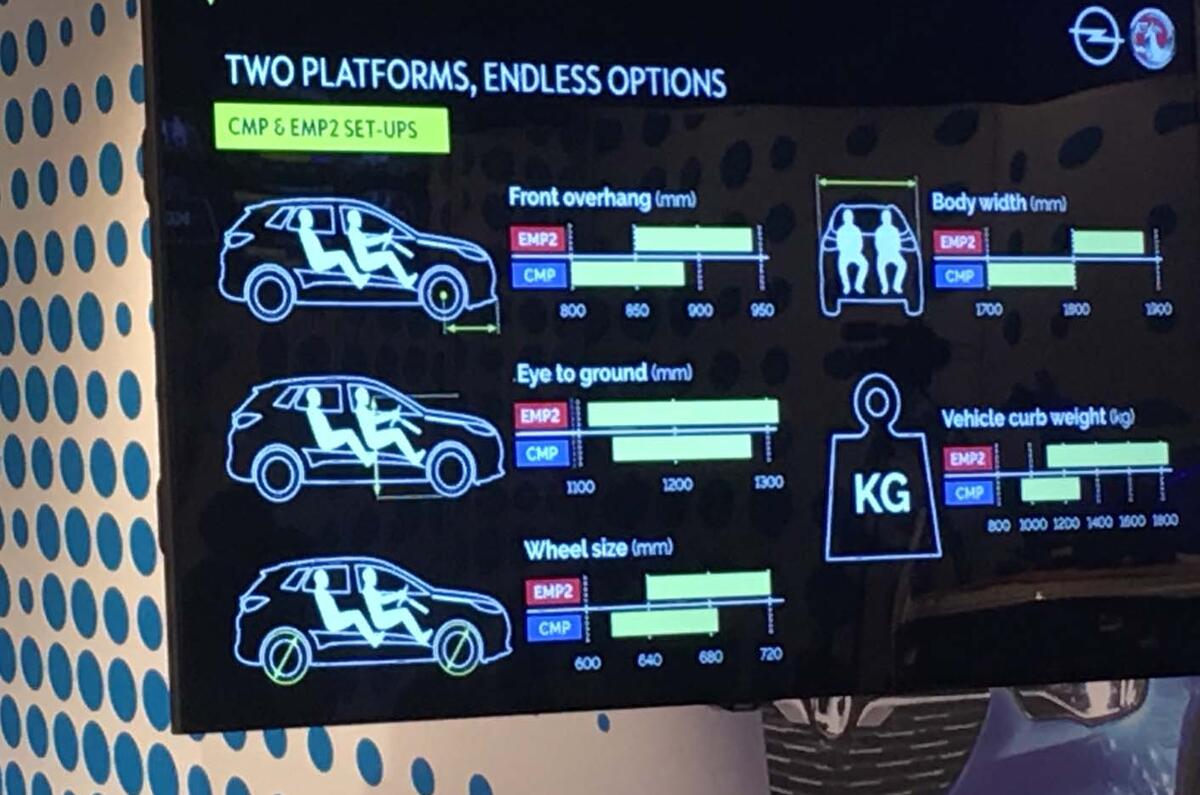
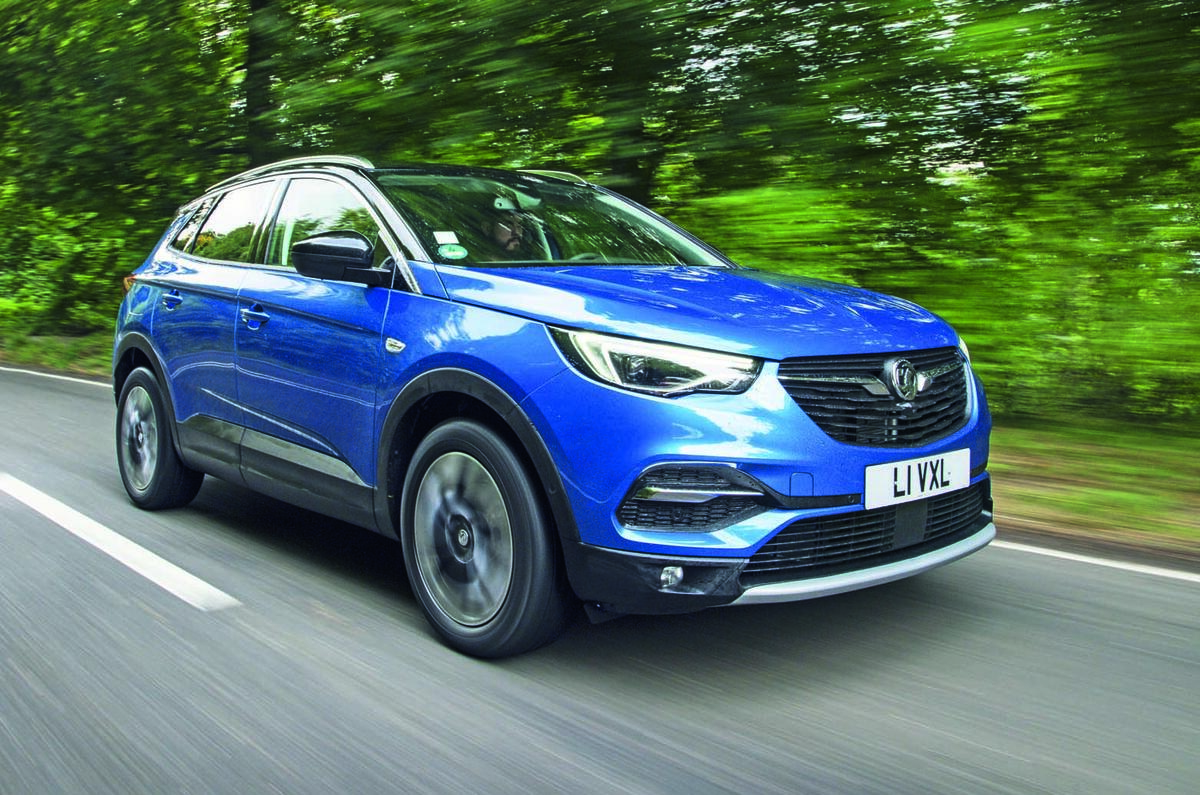
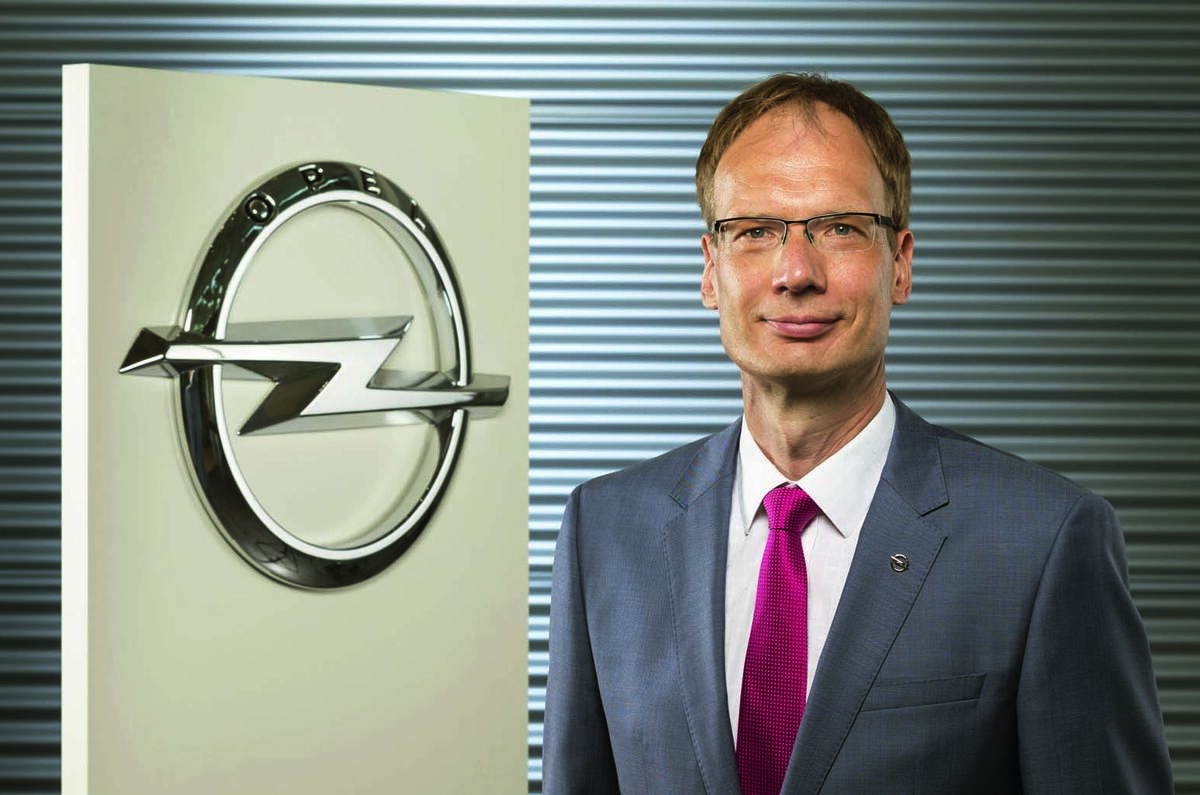
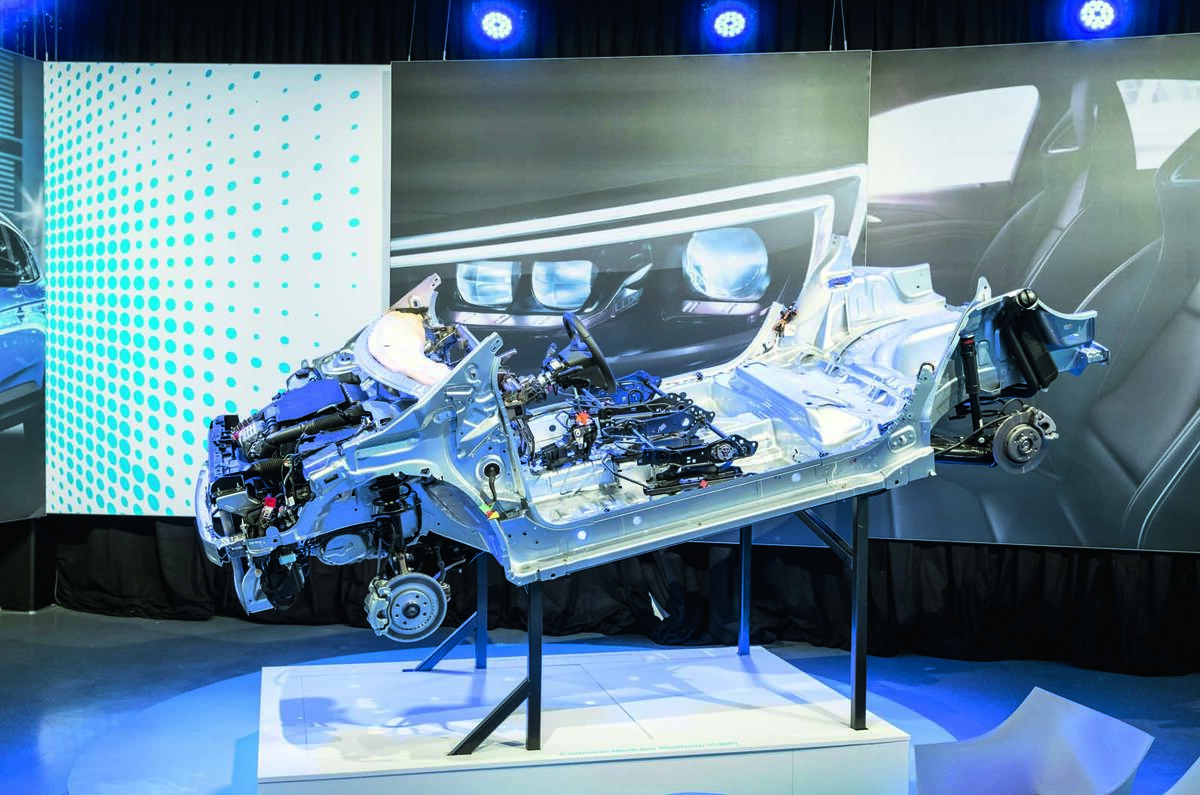
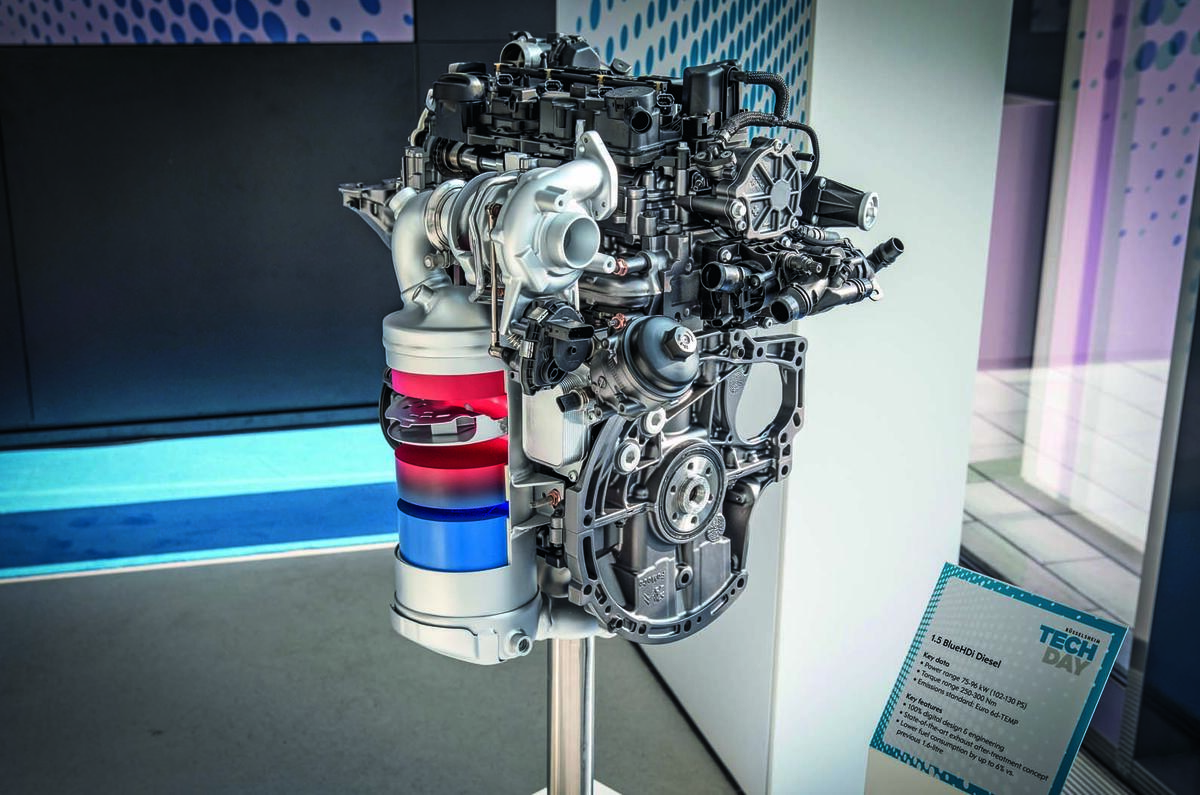
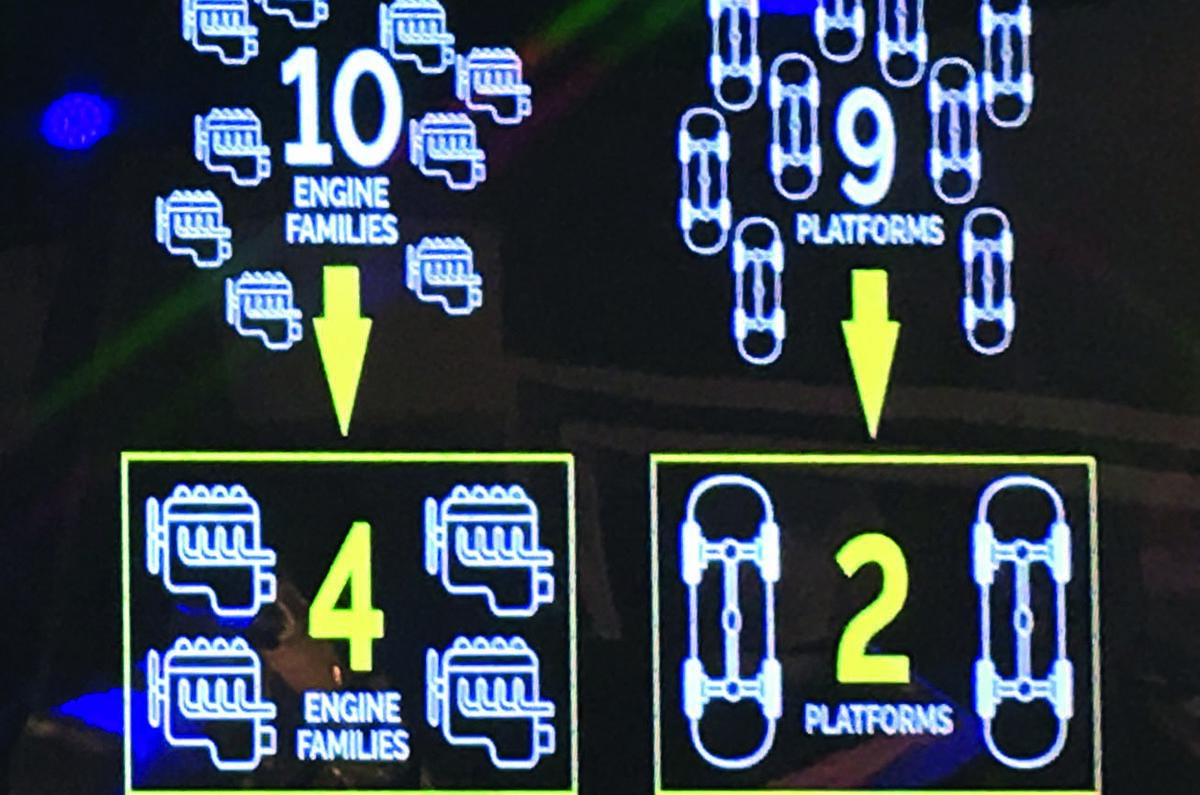
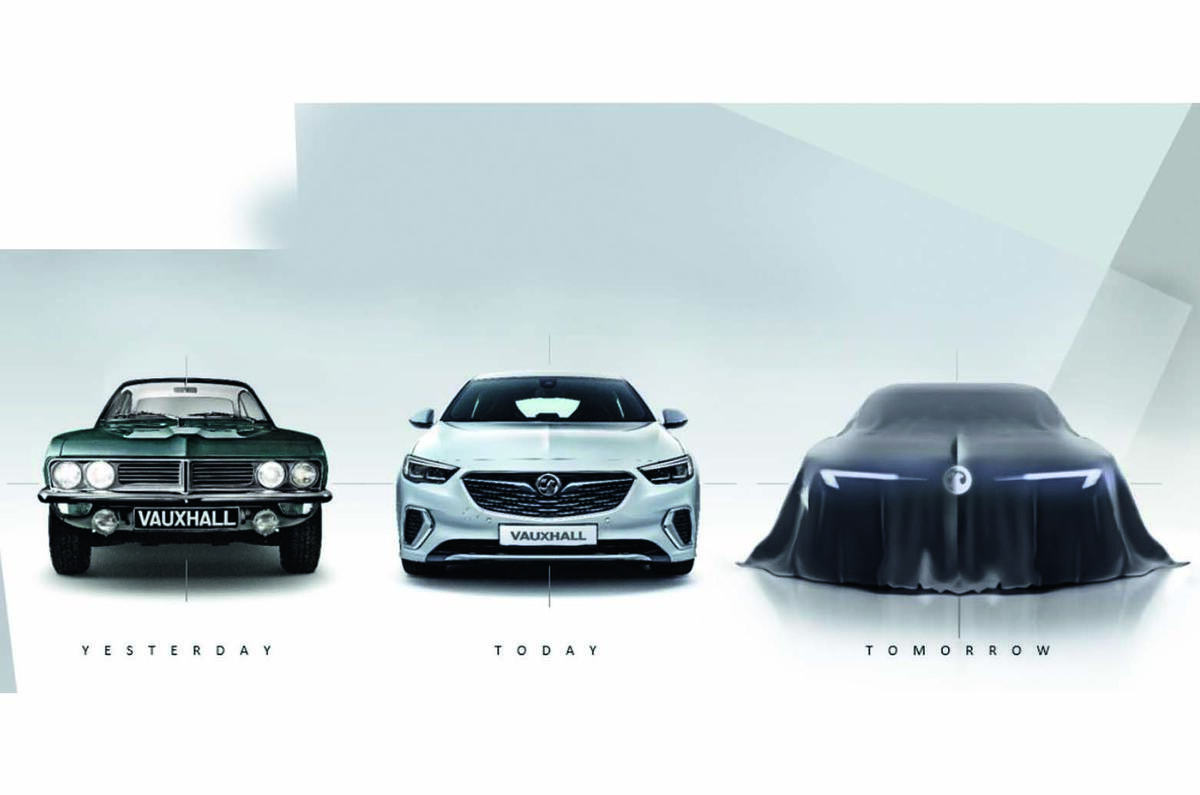

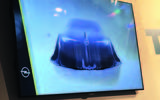
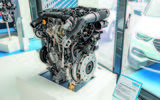








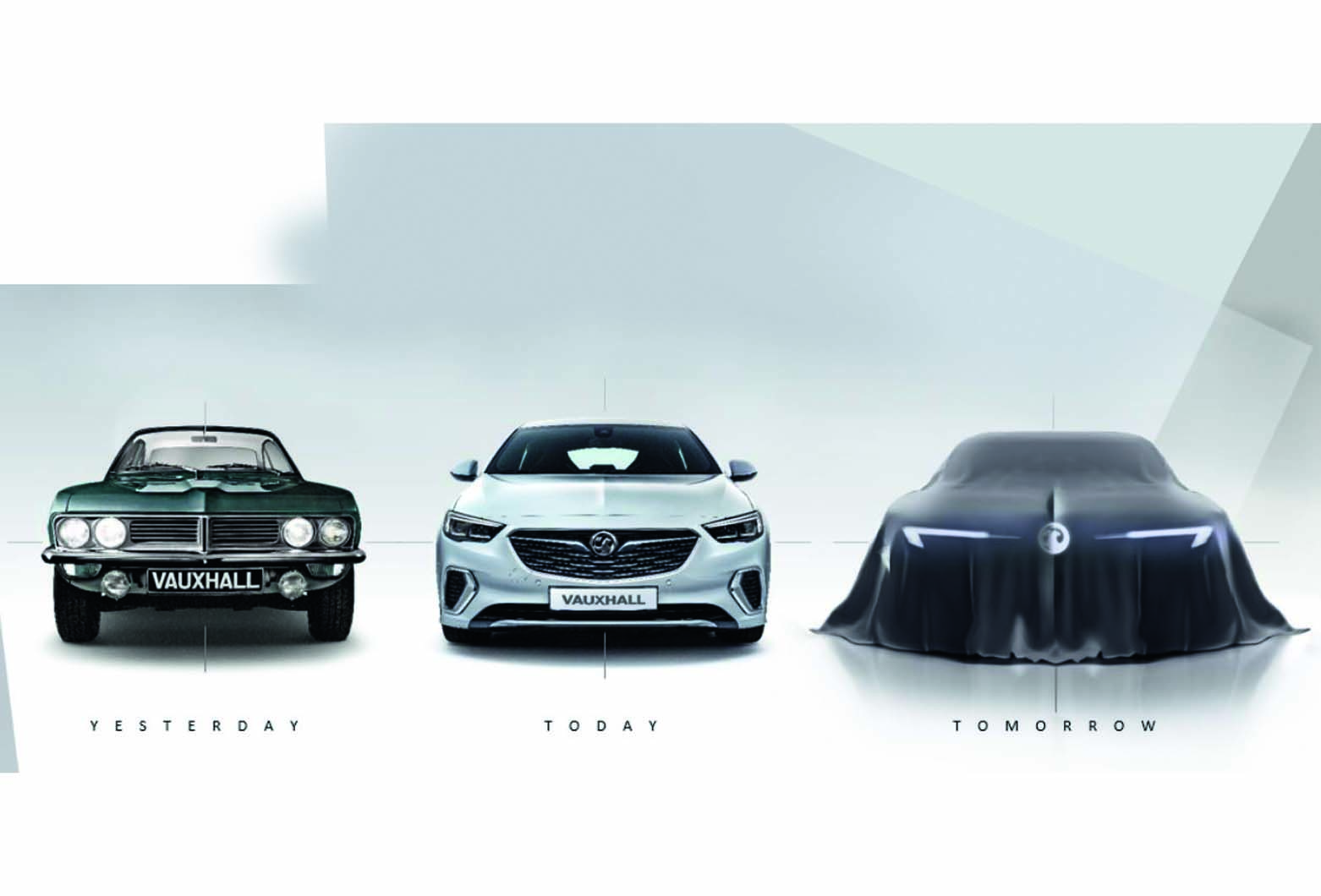
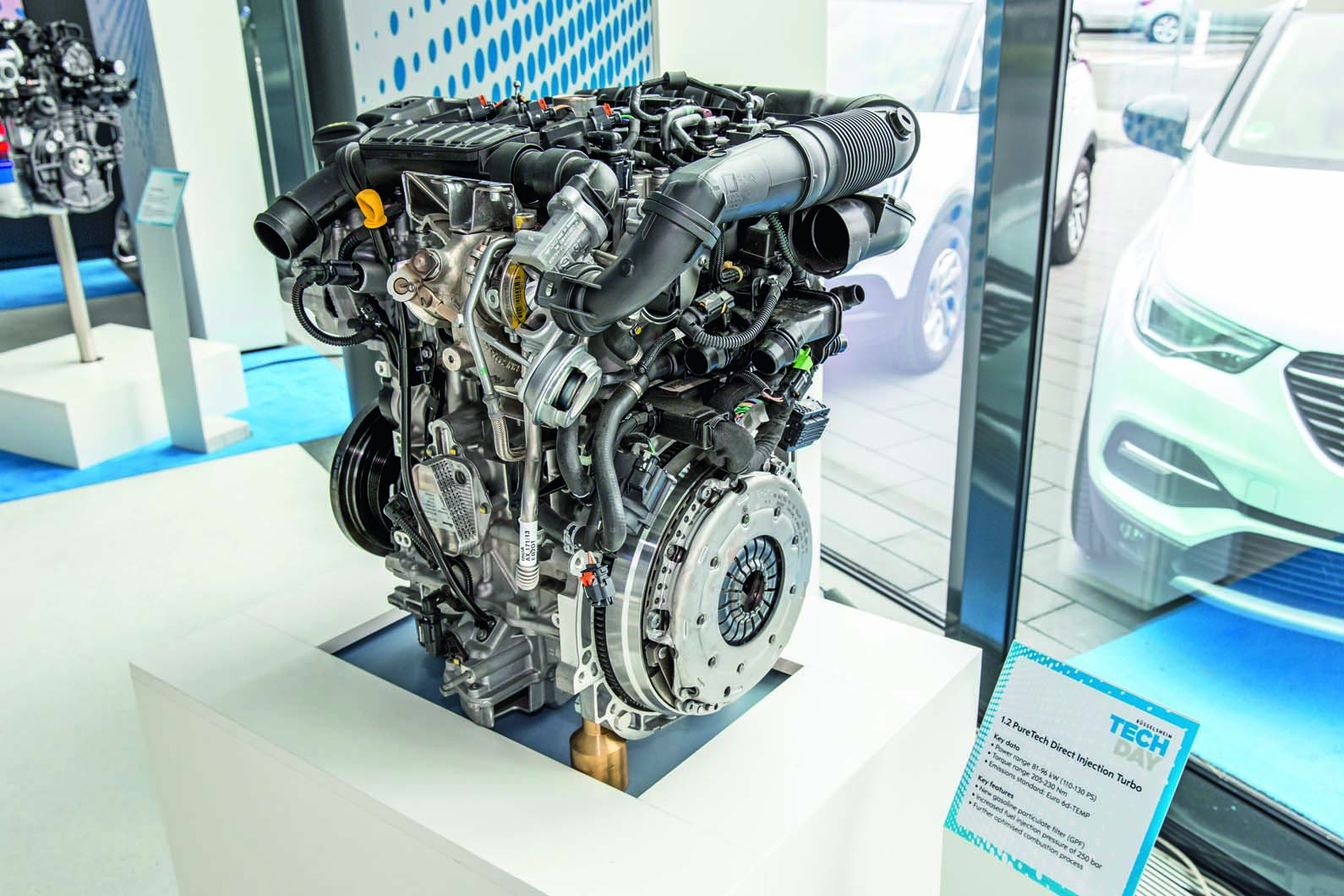





Join the debate
Add your comment
I find it strange that a
I find it strange that a company that employs a british workforce, and takes pride in the fact that the vauxhall name has british history, is treated with such contempt. The financials that were just released by PSA shows that V/O were treated like the runt of the litter by GM, moving all the losses over to GME so as to show GM as strong and profitable in America. It then stood to reason that they wouldn't be willing to 'invest' in a part of the business that showed a loss. Hence why we end up with woeful engines and a 'new' corsa that is nothing more than a heavily revised Corsa D.
Surely we should be looking forward to the possiblity of a renewed vauxhall range, rather than writing them off. Parallels will be drawn to VAG and Skoda, why can't this buyout yield similar successes?
I for one am looking forward to seeing what PSA can do with V/O. After all, the more choice for car buyers out there, the better.
Everyone here seems keen to
Everyone here seems keen to ditch the Vauxhall brand
The UK is Vauxhall/Opel's best individual market, that surely suggests that it has some value, and that the Opel brand is hardly loved across Europe either
Exuberance
Ironically since Vauxhall is now a European (sorry, 'British') brand, I think they need to look to their late 1950s/madly American phase of styling for inspiration. Why not go for broke and revive tailfins/wraparound glass/crazy colours??? Cadillac managed it (under an English designer). I'm only half joking...